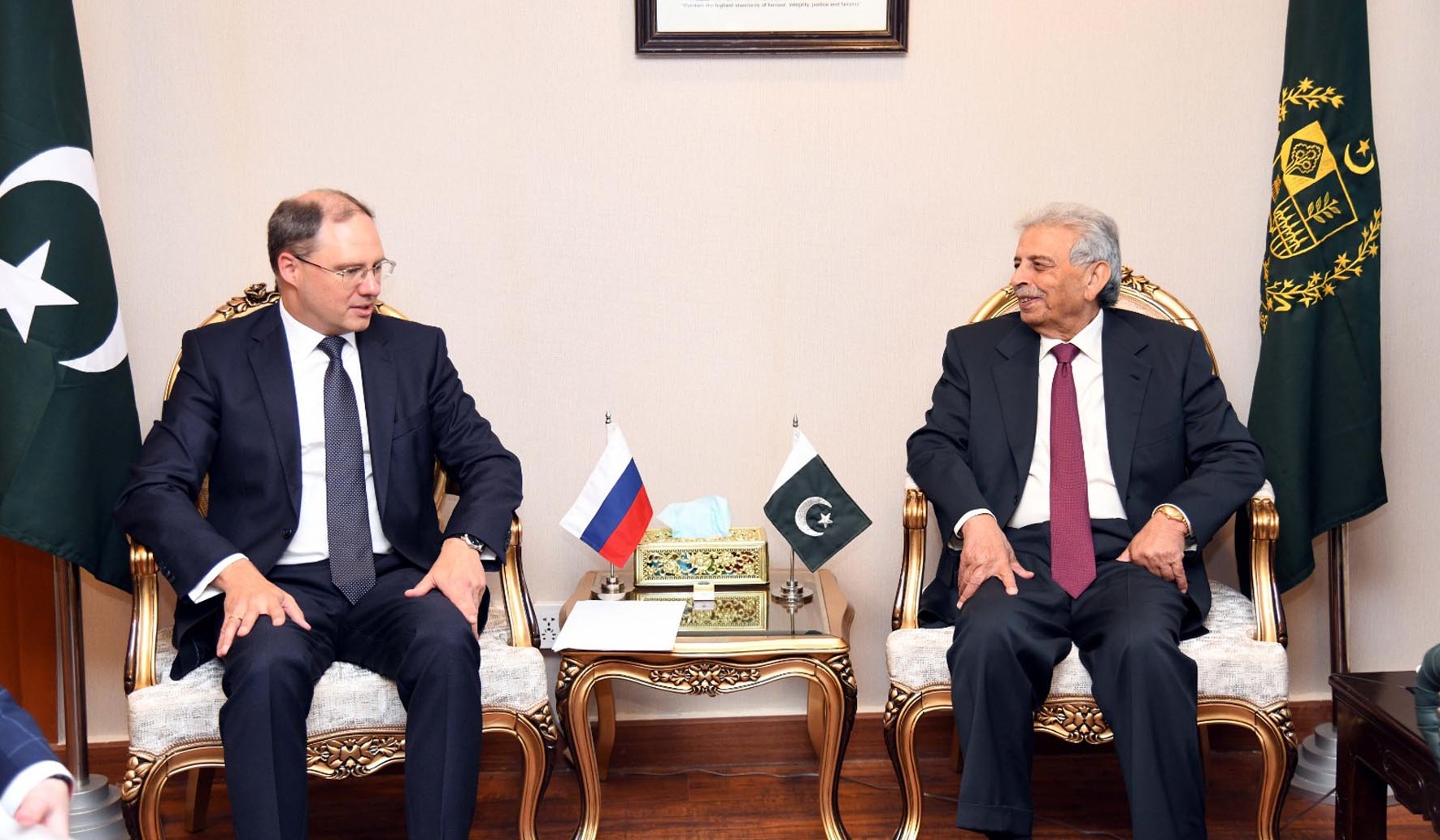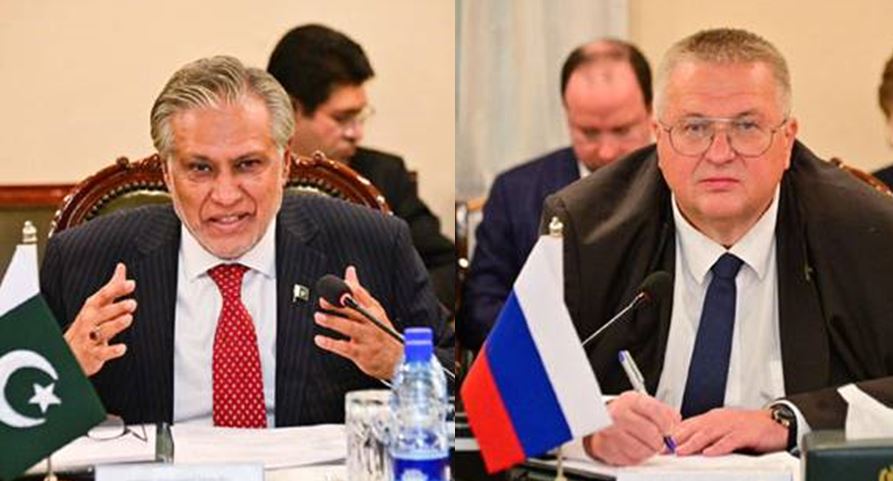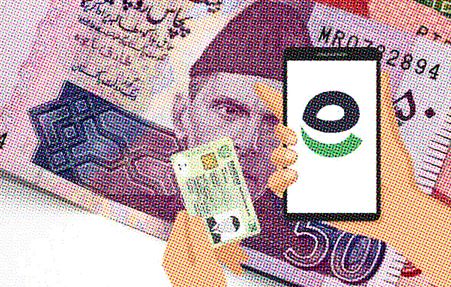ISLAMABAD:
The Asian Development Bank (ADB) on Wednesday approved a $250 million expensive loan to support policies to shift financing of major projects from the budget to private sector amid displeasure on the part of Prime Minister Shehbaz Sharif over the lack of progress on private-funded schemes.
The board of the Manila-based lending agency approved the release of first tranche of the $500 million expensive and relatively short-term budget support loan for Pakistan. The loan has been approved with the name of Promoting Sustainable Public-Private Partnership in Pakistan.
In an official communication, the ADB said that the policy-based loan would help the government of Pakistan drive sustainable investment in infrastructure and services through public-private partnerships (PPPs).
It added that the ADB’s sustainable PPP programme supported the implementation of government’s policies to create an enabling environment for fiscally affordable PPPs and promote inclusive economic growth.
Although the $250 million will provide temporary relief to the cash-starved federal government, it will push Pakistan deeper into the debt trap. The country has been borrowing under various initiatives with the objective of supporting the thin foreign exchange reserves and getting budget financing.
The fresh loan has also been acquired as budget support, and in exchange, Pakistan has revised the existing policies, developed new ones, and committed to establishing two funds.
Pakistan will pay interest in the range of 2% to 6.5%. A larger portion of the debt has been obtained at the higher rate, making it a costly borrowing option.
The loan comes from the Ordinary Capital Resources (OCR) pool that has a duration of only seven years, with an interest rate comprising the Secured Overnight Financing Rate (SOFR) plus 75 basis points contractual spread plus surcharge, resulting in total lending rate of around 6.5%.
In April this year, the government had endorsed the “concept proposal” for the $500 million loan under the Promoting Sustainable Public-Private Partnership Programme.
The government has also committed to establishing and activating two funds – the PDF Fund and the Viability Gap Fund (VGF). It has pledged to allocate annual financing in the budget to ensure the continuous operation of these funds. Additionally, the PPP Authority board has endorsed the regulations for these two funds.
Despite all these initiatives, some of them undertaken since 2017 with the help of the ADB, there has been negligible progress on the mega PPP project.
Sources said that during one of the recent meetings, Prime Minister Shehbaz Sharif expressed his displeasure over the poor performance of the PPP Authority. The premier questioned the output of the authority head who has been in the job for the past four years.
“The loan programme is part of our comprehensive and integrated package of public sector management support that balances the country’s fiscal consolidation and growth objectives,” said ADB Director General for Central and West Asia Yevgeniy Zhukov.
He added that the programme would help the government of Pakistan create an environment that was conducive to strategic, fiscally affordable PPPs that would bring the country closer to its development goals.
The ADB said that the programme supported reforms that would increase the absorptive capacity of PPP infrastructure investments by creating a more robust and integrated legal and institutional framework for public investment management and public financial management for the PPPs.
The programme supports the implementation of an integrated PPP policy. The reforms will facilitate efficient infrastructure planning and promote sustainable development practices in infrastructure projects, such as climate risk screening and gender considerations in project feasibility assessments and PPP contracts, according to the ADB.
The government has long been trying to attract private finance for infrastructure investments in priority sectors such as roads, housing, health, education, water and sanitation, and technology. But no success has been achieved so far.
The State Bank of Pakistan estimates that the country should be spending 10% of its gross domestic product (GDP) on infrastructure in order to close the infrastructure gap, whereas current spending is around one-third of that.
For the next fiscal year, the Annual Plan Coordination Committee has approved Rs1.221 trillion for the Public Sector Development Programme, which is hardly equal to 1% of GDP. Combined spending by the federal and provincial governments is estimated at around 2.8% of GDP for the next fiscal year.
Meanwhile, Ludger Schuknecht, Vice President and Corporate Secretary of the Asian Infrastructure Investment Bank (AIIB), met with Minister for Economic Affairs Ahad Khan Cheema
Both sides discussed the AIIB’s future lending prospects for Pakistan, especially the commitments made during the 2022 floods. The AIIB has so far approved $250 million out of the $1 billion commitment.
The minister appreciated the AIIB’s favourable consideration of new project proposals from Pakistan in the infrastructure sector and expressed hope for continued collaboration in funding and implementing vital projects, according to the economic affairs ministry.
Published in The Express Tribune, June 6th, 2024.
Like Business on Facebook, follow @TribuneBiz on Twitter to stay informed and join in the conversation.


 Technology6 مہینے ago
Technology6 مہینے ago
 Pakistan7 مہینے ago
Pakistan7 مہینے ago
 Sports6 مہینے ago
Sports6 مہینے ago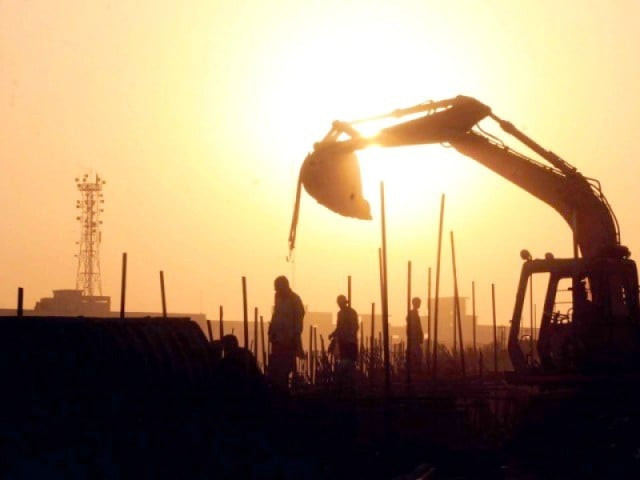
 Pakistan6 مہینے ago
Pakistan6 مہینے ago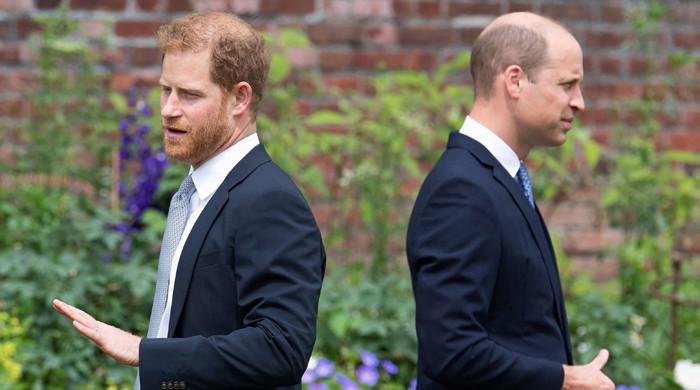
 Entertainment6 مہینے ago
Entertainment6 مہینے ago
 Pakistan6 مہینے ago
Pakistan6 مہینے ago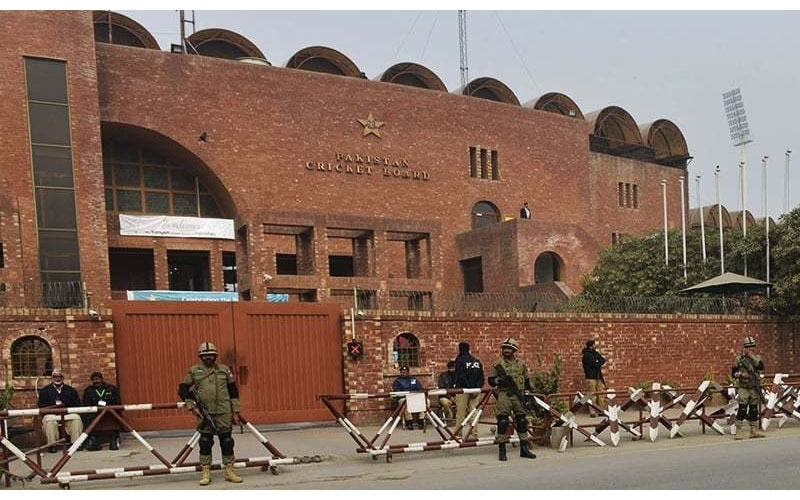
 Sports5 مہینے ago
Sports5 مہینے ago
 Pakistan6 مہینے ago
Pakistan6 مہینے ago
